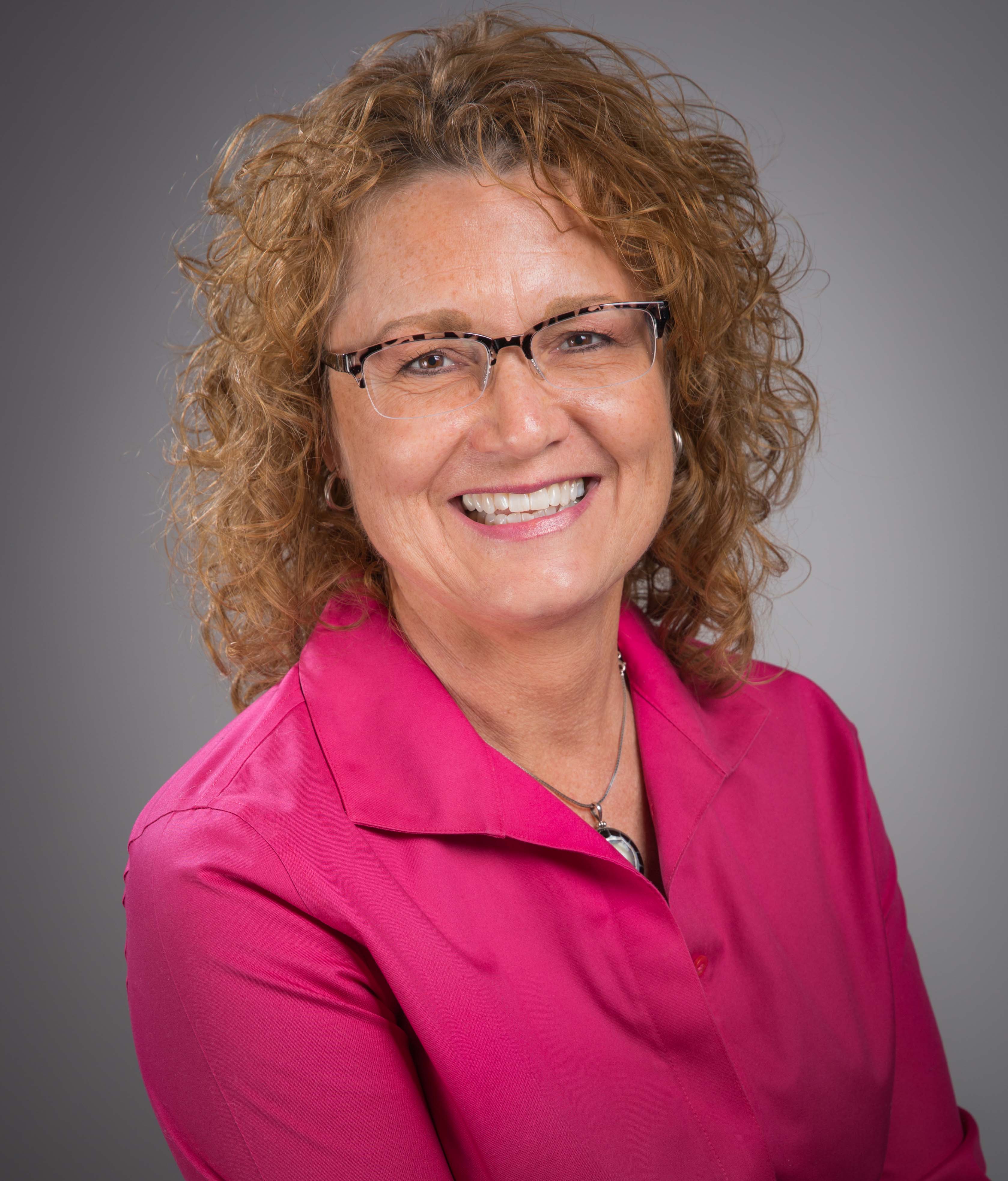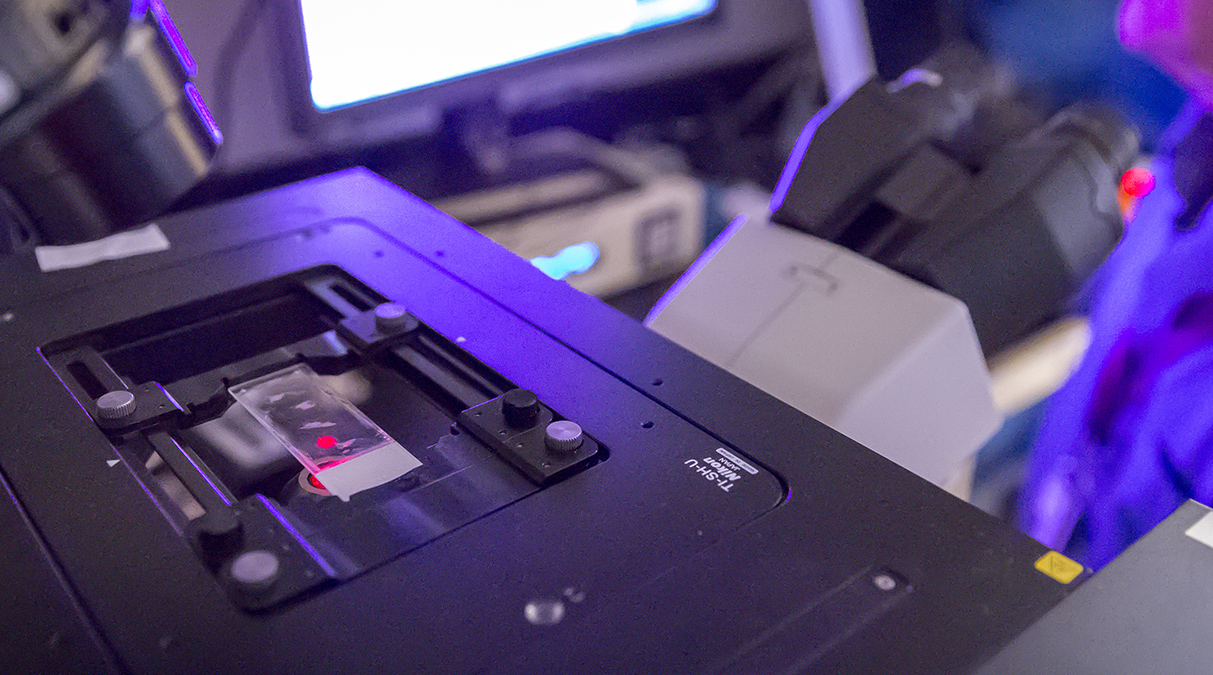Michelle Ozbun, PhD, a University of New Mexico School of Medicine scientist who studies human papillomavirus (HPV), has been elected to Fellowship in the American Academy of Microbiology.
The Academy, the honorific leadership group within the American Society for Microbiology, recognizes excellence, originality, service and leadership in the microbial sciences.
“It’s really a big honor,” says Ozbun, the Maralyn S. Budke Endowed Professor in Viral Oncology at the UNM Comprehensive Cancer Center and professor in the Department of Molecular Genetics & Microbiology.
The recognition has as much to do with her mentorship of graduate students and postdoctoral researchers as her scientific achievements, she says. “The society wants to promote not only research, but the training and inspiration of young scientists, so we keep the pipeline of young researchers open.”

How does the virus interact with cells to convince them to take the virus in so it can start an infection?
Ozbun’s research focuses in part on understanding how the papillomavirus enters human cells, she says. “How does the virus interact with cells to convince them to take the virus in so it can start an infection?”
She also studies genes that the virus inserts into host cells, leading to the production of oncoproteins that can trigger cancer-causing changes in the cellular machinery. Why does HPV infection lead to cancer in some cases, but not in others?
“We’ve been focused on trying to understand how these oncoproteins are regulated,” Ozbun says. “That helps us understand how the virus is replicating and what sort of cellular controls are keeping oncogenes in check when you just have a productive infection, and what happens to disrupt that balance and express them at higher levels, which is what we think causes cancer.”
HPV is difficult to study in the lab compared to other viruses, because it requires full-thickness skin to complete its lifecycle. “It makes it really challenging to do all of those steps in the laboratory,” she says. “It’s time-consuming and cumbersome. We use cells in culture, but we also grow skin in the laboratory.”
Recently, Ozbun says, she published a paper “which shows that we can interfere with these processes, which is every exciting and has potential for clinical use.”
While there are effective vaccines to prevent HPV infection, in some parts of the world people lack access to vaccination. Meanwhile, she says, other strains of HPV can cause vulvar, vaginal, penile, anal and oropharyngeal cancer, underscoring the need for effective treatments. “People keep getting infected, and we need to have a way to manage these infections,” she says.
Ozbun, who joined the UNM faculty in 1998, credits a collaborative climate with supporting her work and describes herself as a “cheerleader” for the graduate students and postdoctoral fellows she mentors. “It is really satisfying to see that you can help other people reach their career goals,” she says. “That’s been a lot of fun.”
